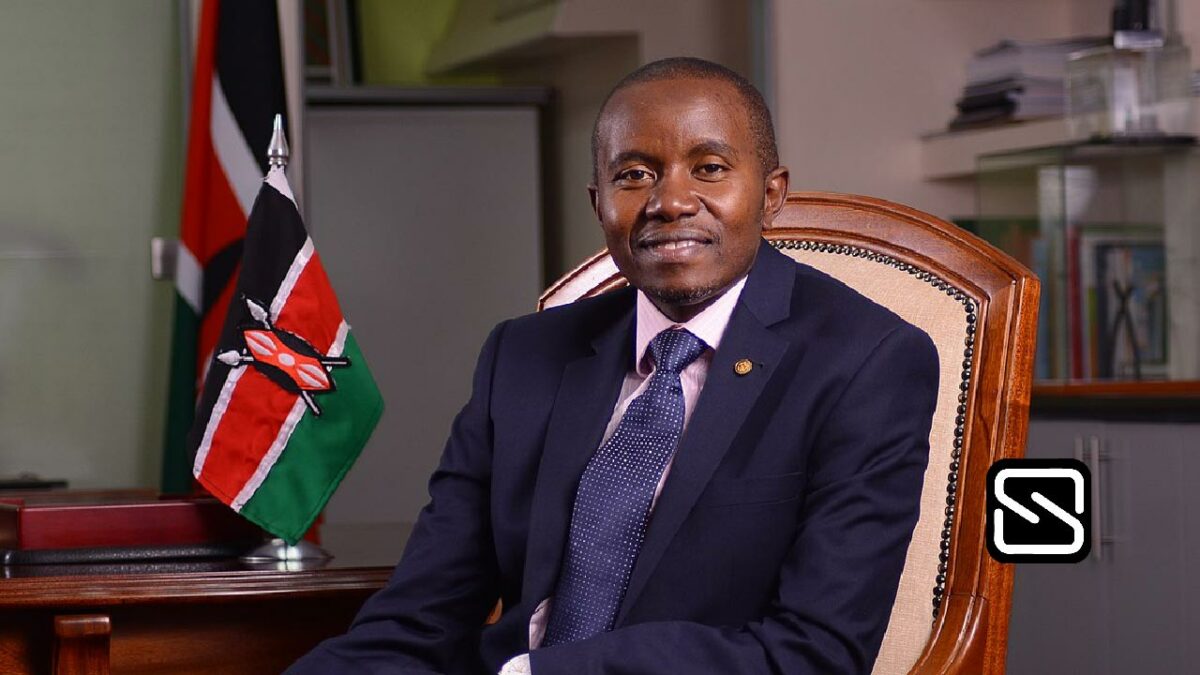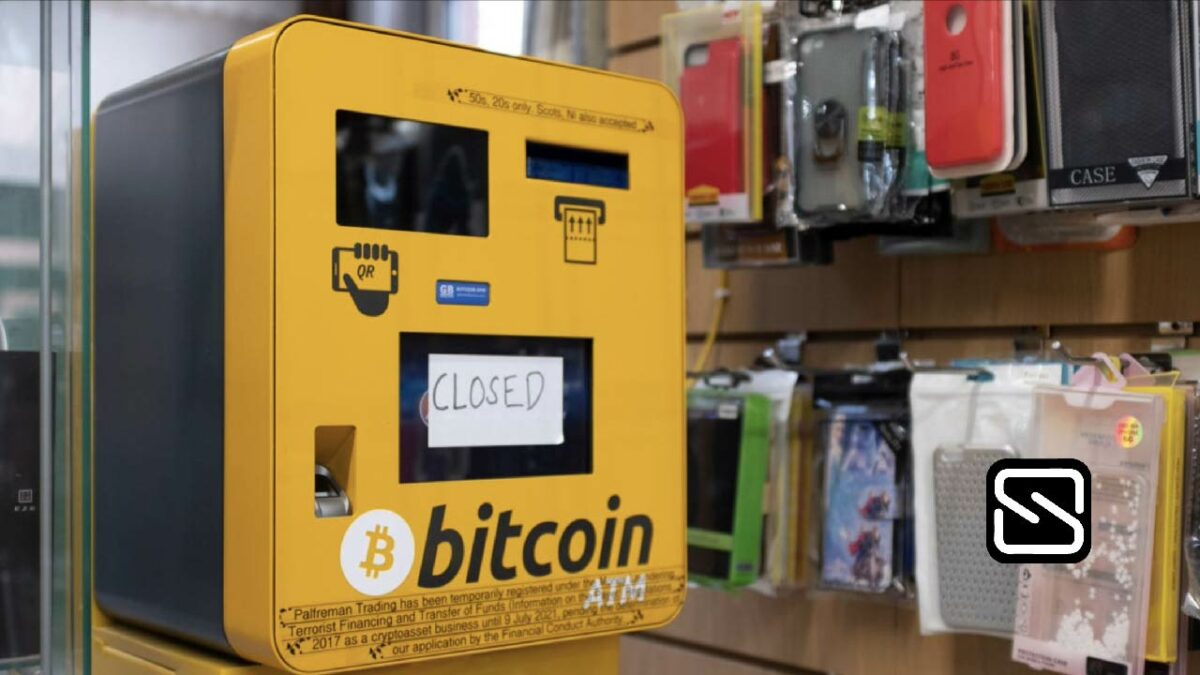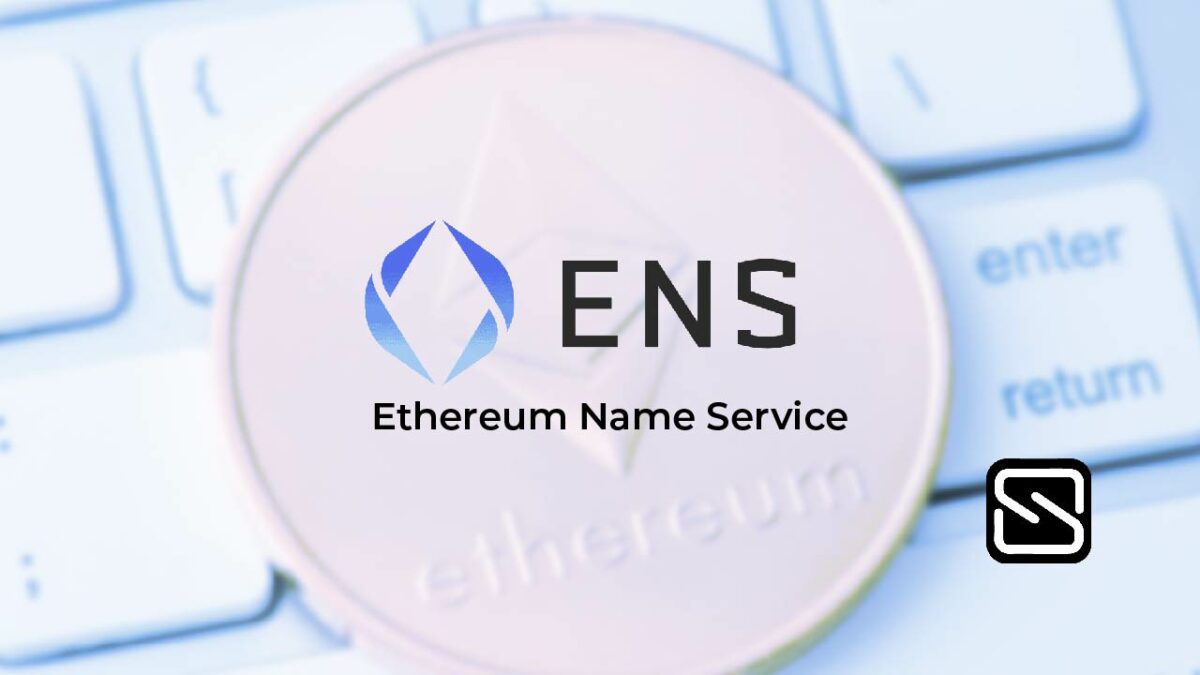So, let’s get one thing straight. Bitcoin, cryptocurrency, blockchain, and web3 are all fantastic concepts that will benefit the entire planet. These are innovations that have the potential to revolutionize the globe, disrupting how we connect with one another, our financial system, and the world as we know it.
However, Africa requires unique techniques to effectively reach the target demographic due to its equally unique circumstances. Income levels, macroeconomic issues in the region, access to technology, and legislation are some of the causes behind this (which at this point is a more global discussion than regional).
The most important uses of cryptocurrencies for Africans are: remittances, access to FX, saving in stablecoin and earning greater interest, multiplying net-worth and financial inclusion.
Typically, the most successful platforms are those that offer these services in their entirety or in efficient parts. According to Chainanalysis, the crypto market in Africa increased by more than $105 billion between 2020 and 2021.
The need for centralized exchanges is important for this expansion and rapid adoption rate. Along with some local competition, platforms like Binance, KuCoin, OKEx, and now FTX have had significant success in the African market. To be honest, it’s not hard to figure out why centralized exchanges are leading the way in terms of crypto adoption in Africa, and it all boils down to trust and education.
Operating on a completely decentralized exchange challenges many Africans’ cultural perceptions of money, making it difficult for them to commit their little hard-earned wealth to these platforms. Centralized exchanges such as banks and other traditional financial institutions, on the other hand, provide a familiar experience. These provide accountability to users in case something goes wrong with their money.
Africans are willing to adopt cryptocurrency in droves if we ignore the various difficulties of cryptocurrencies that can be a hindrance. With 1.3 billion people, Africa is the world’s second largest continent, and a significant portion of the population is underbanked, with little or no access to financial services.
However, anyone who claims that conquering the African market is simple is lying. The terrain is different, therefore legacy approaches employed in other countries may not apply. User acquisitions take longer to complete, and patience is a virtue that a marketing team will need.
Platforms and exchanges that employ short-term experimental entry techniques with high user expectations from the start frequently disappear as quickly as they arrive. Perhaps having a consultant who works with them to give broad publicity, press releases, and other services, but no troops on the ground, makes sense for such platforms.
These are the best win-the-market techniques to conjure up after speaking with industry professionals and working in various capacities for a number of exchanges.
Training and Education
Training is probably the simplest and most successful approach for winning. Financial education is critical for a population with a literacy rate of only 70%, lagging behind that of other continents. When it comes to money, Africans are quite intelligent, but it is much more difficult to part with disposable income due to income levels.
We must also consider how Africans view learning; they prefer structured learning, and a platform’s user acquisition and deposit push must be related to education. Incentivizing tutors to teach students about their platforms and how to navigate them, for example, is a viable strategy to consider.
Affiliate Marketing
Affiliate marketing is a very standard strategy, and CEXs already have well-established affiliate programs and mechanisms that allow affiliates to share revenue with the exchange. The affiliate strategy is designed for exchanges that provide clients with trading and derivatives services. Typically, commissions are how exchanges make money (around 0.01 percent ). Binance, for example, has made $710 million in transaction commissions on a volume of $71 billion.
You may be asking where the affiliate fits into all of this. Binance has decided to work with affiliates who are in charge of delivering volume to the exchange. Typically, the affiliate and the exchange split the money at a rate of 15 percent to 35 percent.
If an exchange wishes to investigate this sort of marketing in Africa, it is common to partner with persons who provide signals to a huge trading community.
Relatable Product Content
The effectiveness of content marketing is another important component of an exchange’s marketing strategy, and we’ve observed an increase in this in Africa over the last 24-36 months.
Platforms in the financial industry, such as Cowrywise and PiggyVest, have benefited greatly from this by sending people relevant email feeds or app push notifications on a regular basis.
A trendy valentine’s phrase related to cryptocurrencies, for example, can be appealing. Consider a message like “There’s no better way to celebrate Valentine’s Day than by sending your loved one a $100 BTC…” Investing.com also provides a large number of relatable finance memes that can be used. This form of messaging is remembered by the audience. Having a content staff to help with digital marketing, SEO, and other aspects of this strategy is essential.
Micro-Influencers and KOLS
There are major thought leaders in the African region who are driving cryptocurrency acceptance and attitudes. They primarily communicate via Twitter, Telegram, and Discord. There is still major outstanding data an exchange might consider such as YouTube which is large in other continents but is still a growing market here in Africa.
Investment and Project Listings
Those who put the greatest money into the region will be rewarded. Apart from providing crypto services to African people in the form of IEOs and other sorts of collaborations with local initiatives, exchanges should create possibilities for African projects to get on their platforms. This will help to strengthen market share in Africa.
Although there aren’t enough precedents to demonstrate this approach’s validity, some centralized exchanges have experimented with it. The goal of this strategy is to drive volume and liquidity to the exchange from a project listing.
Event Partnerships
Event collaborations can help to increase brand awareness and market share in several ways. It is not so much related to end user acquisition, but it does help to enforce brand connection, according to my experience. For talkability and brand recognition, Twitter Spaces, Clubhouse chats, and live-events are key.
Big Splash Sponsorship
This form of marketing strategy works best at the conclusion of a brand’s lifespan, when it’s on its way to broad market adoption. In global CEXs, regions compete with one another to see who can make the most splash in terms of sponsorships.
Adoption is always aided by signing the region’s top athletes, music celebrities, sports teams, and so on. The reasoning is simple: these individuals have millions of followers. The exchange has effectively onboarded 200,000 individuals if it can capture 0.02 of a celebrity with a total of 10 million followers. The approach may be flawed at times, but the figures surrounding it (if it is successful) are difficult to dispute.
Other Important Factors
Fiat OnRamp & OffRamp: This refers to an exchange’s capacity to allow users to buy crypto with local money and sell crypto for local currency. There are several ways to accomplish this; the peer-to-peer technique is the most common in this region, but there are other, more successful options.
Cost Per Acquisition: To win a market, a local marketing team needs a clear CPA to work with as a standard for all expenditures and expenses.









